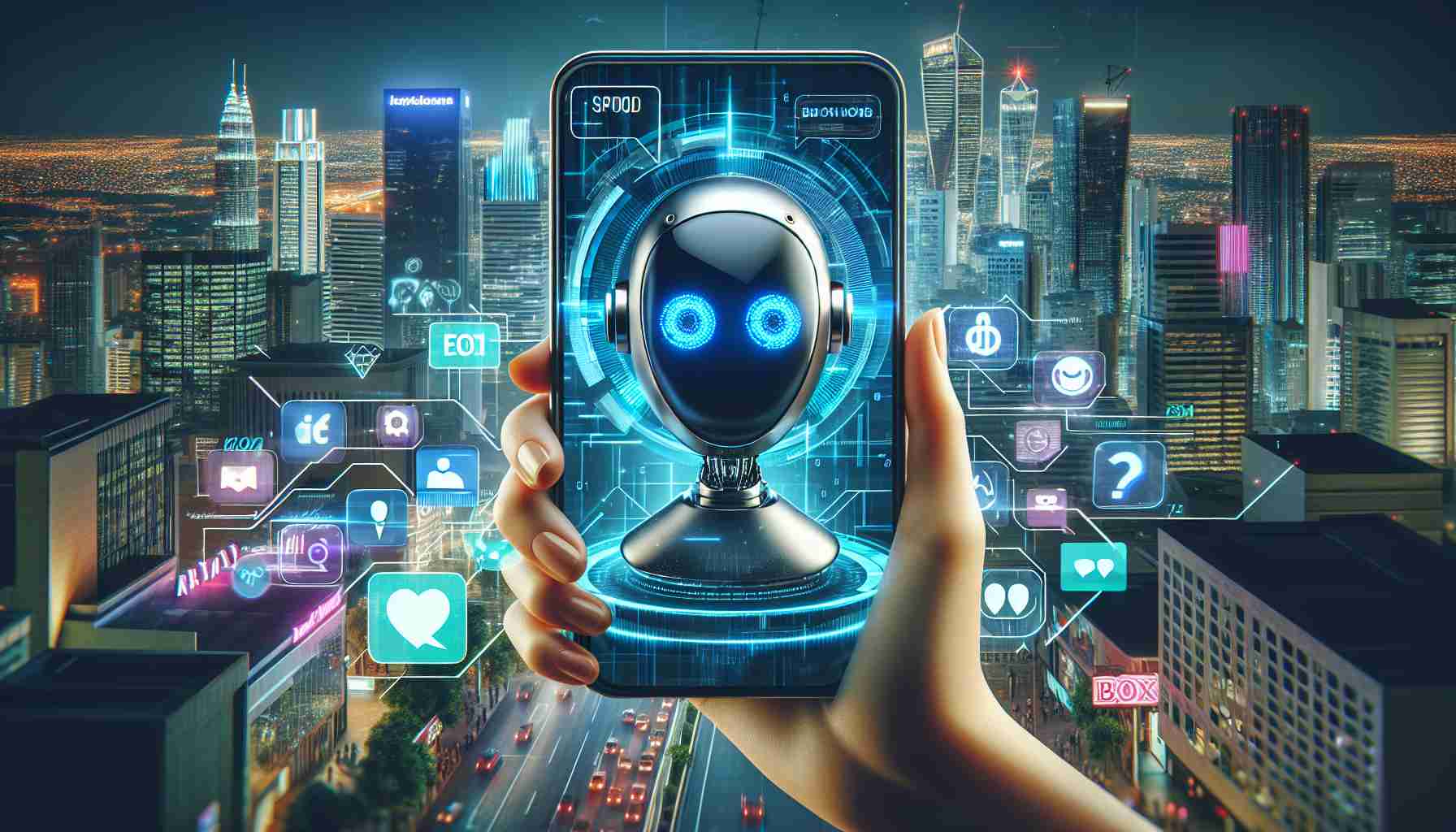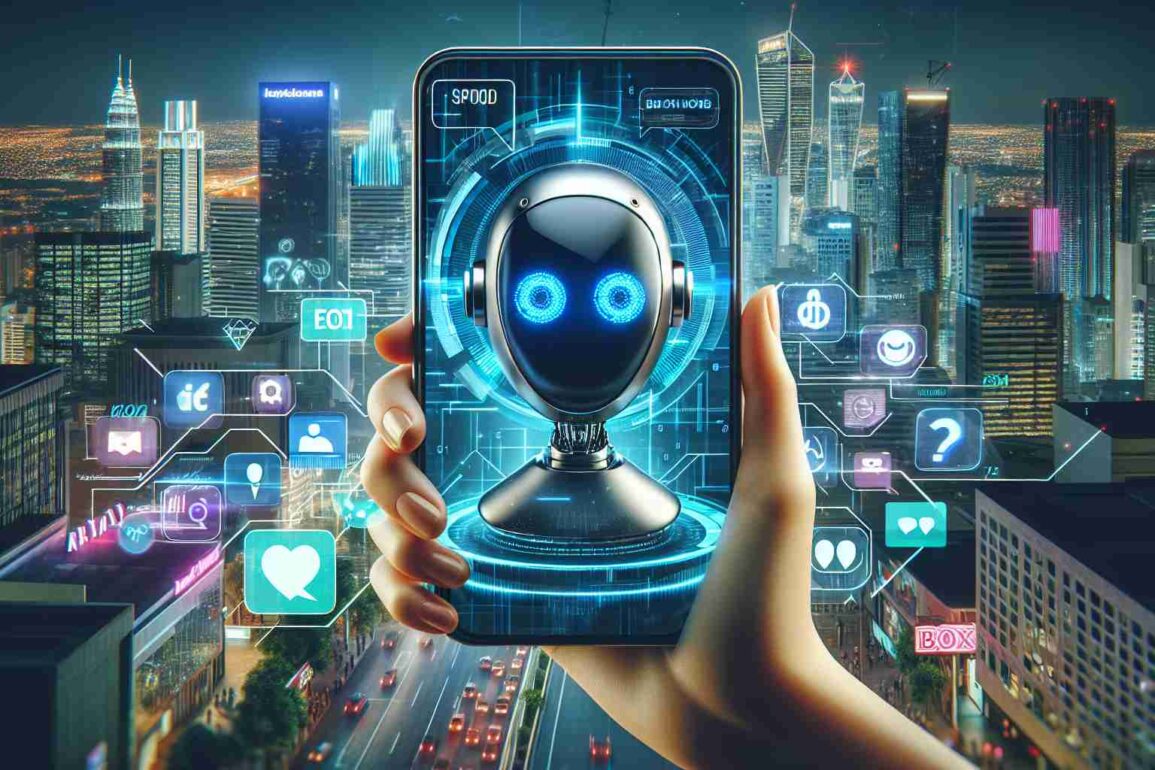
Expanding AI Horizons: Meta’s Latest Venture into Intelligent Chatbots
Meta, the tech giant behind popular social platforms Facebook, Instagram, and WhatsApp, announced its deployment of a new AI chatbot named MetaAI, powered by the latest Large Language Models (LLMs). This strategic move, announced by Meta’s CEO, Mark Zuckerberg, led to a 1.54% surge in the company’s stock price on the day of the announcement.
The roll-out of the advanced MetaAI began in 13 English-speaking countries, including the United States and the United Kingdom. Plans for the bot’s release in other regions, such as Korea and the European Union, are yet to be determined. Boasting a more sophisticated large language model known as LLaMA3, MetaAI represents an evolutionary step beyond its predecessor, LLaMA2. With parameters totaling in the billions, LLaMA3 exemplifies cutting-edge AI with enhanced performance over the largest model of LLaMA2 introduced in the previous year.
Integrating AI Across Social Media Platforms
MetaAI’s integration into the search functionalities of Meta’s suite of social networking services promises to offer users intuitive responses to queries ranging from restaurant recommendations to vacation planning. Users will be able to interact with the AI both on the social networks themselves and through a dedicated website for MetaAI.
Chief Product Officer Chris Cox conveyed Meta’s commitment to making AI tools accessible to everyone, an approach that is reinforced by their decision to publicly release the source code of their LLaMA models for free use and modification.
While this may pave the way for consumer-facing AI tools to include sponsored results or other forms of paid advertising, the current objective for Meta is to provide the most intelligent and freely accessible AI assistant on the market. Future developments, however, could see a subscription-based model similar to that of competing products should the capabilities of LLaMA continue to advance.
AI Chatbots in Social Media: The Era of MetaAI
An important question regarding the launch of Meta’s new AI-powered chatbot, MetaAI, is how it would impact user experience and privacy. As Meta integrates this innovative AI across Facebook, Instagram, and WhatsApp, it shifts the social media interaction paradigm by offering personalized and intelligent responses directly within the platforms.
Key Challenges and Controversies:
AI chatbots like MetaAI encounter several potential challenges:
1. Privacy Concerns: The collection and processing of user data for AI interactions can lead to privacy issues. Users and regulators may scrutinize how Meta ensures data is handled securely and in compliance with privacy laws, especially GDPR in the EU.
2. Content Moderation: Ensuring that the AI promotes safe and appropriate content is crucial. AI chatbots could inadvertently spread misinformation or harmful content if not properly overseen.
3. Accuracy and Bias: AI chatbots must provide accurate information and avoid biases that could manifest in their interactions with users. Addressing inherent biases in AI is a complex and ongoing concern.
Advantages:
– User Engagement: MetaAI can enhance user engagement by providing more relevant and personalized content.
– Improved Accessibility: AI can offer assistance to users with disabilities, breaking down barriers within the digital landscape.
– Innovation: Releasing LLaMA models’ source code might spark further innovation in AI as developers outside of Meta experiment and contribute to the technology.
Disadvantages:
– Job Displacement: AI could potentially displace workers who manage customer service and content moderation roles.
– Reliance on AI: Overreliance on AI may dilute the human aspect of social interactions, leading to less genuine experiences.
– Technical Issues: MetaAI, despite its sophistication, could still encounter errors or technical glitches, leading to user frustration.
For those interested in learning more generally about AI and social media innovations, the official Meta website can offer insights and updates on MetaAI and their future plans. You can visit Meta’s homepage at the following link: Meta. Please note that for the most current information and specific details regarding MetaAI, you would want to look for official press releases and updates from Meta, which are often found directly on their main website or through official Meta channels.
This post was originally published on this site be sure to check out more of their content








